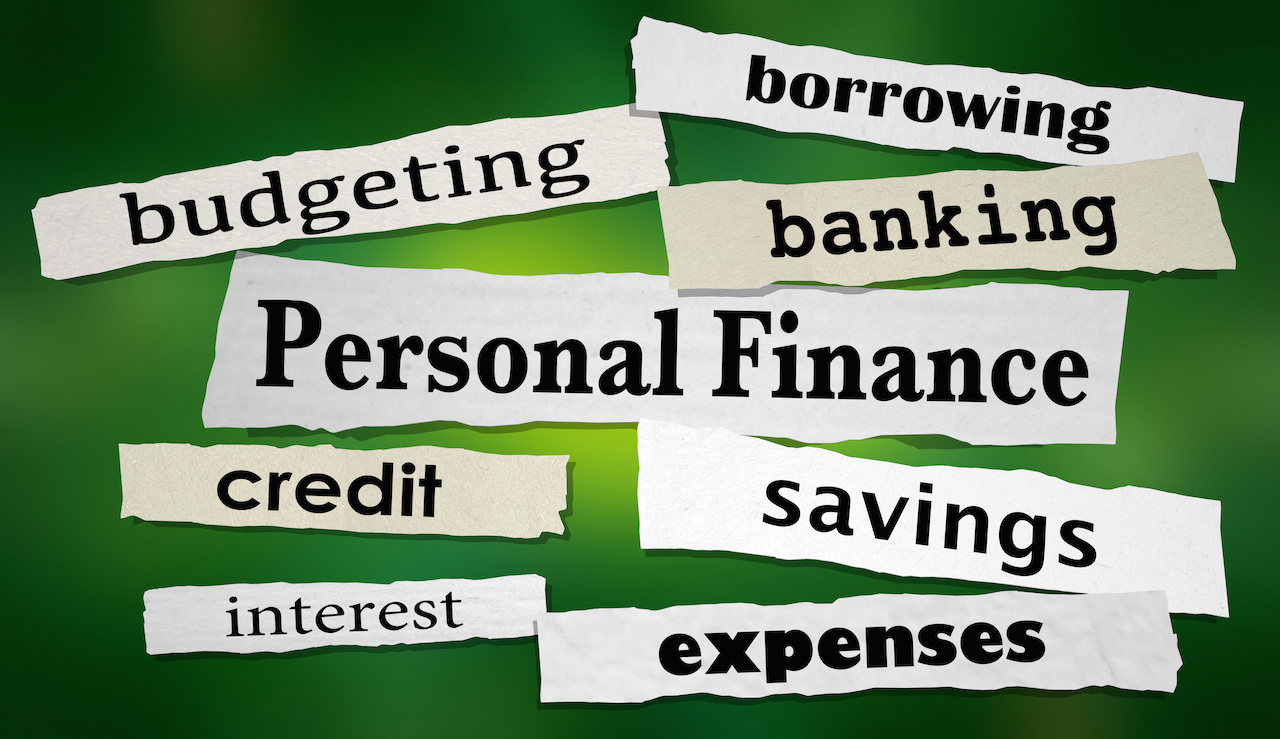When you use a car insurance quote tool to get online estimates, one option you see is to add collision insurance to the policy. Collision does increase the price of the premium, and since it’s not mandatory by law in any state, you may wonder if you really need it. Let’s take a closer look at what it covers to help you answer the question of whether or not you should pay for collision insurance.
What Is Collision Insurance?
Except for New Hampshire, every state in the U.S. requires car owners to carry liability insurance on their vehicles. Liability pays for damages you do to other people and their property while driving. For example, if you smash a mailbox while backing up, then your insurance company pays to repair or replace the mailbox. It does not pay to repair the dent in your car’s rear bumper. For that, you need collision insurance.
Collision insurance is a type of coverage that pays for damage that your vehicle sustains after collision with another vehicle or object. In many cases, it also pays for damage to your vehicle if an uninsured or underinsured driver hits your vehicle. Some collision policies even pay to immediately repair your car while you negotiate a settlement with the at-fault driver’s insurance company.
Who Needs Collision Insurance?
Since states don’t require it, collision insurance is optional, but that doesn’t mean you don’t need it. Many auto lenders require collision insurance as part of the financing agreement, and some lenders even ask you to list them as a beneficiary on the policy. They do this to protect their investment. If you have collision coverage, then you’re more likely to perform costly repairs instead of defaulting on a loan for a badly damaged car or truck.
Even if you own your vehicle outright, you may consider purchasing collision insurance. This is especially true if the vehicle has high value. For example, if your car is worth $15,000, then a $500 or $1,000 deductible is a fraction of what it would cost to entirely replace the vehicle. In that case, it makes sense to have collision coverage. On the other hand, if your vehicle is worth less than $2,000, then it may be wiser to put the money you would spend on a premium into a personal savings account earmarked for auto repair or replacement.
What Does Collision Insurance Cover?
In order to understand what collision insurance covers, you have to know how insurance companies classify damage to your vehicle. It’s only a collision if you are behind the wheel when the incident occurs. If you hit a tree backing out of the driveway, then the insurer considers the accident a collision. If a tree branch falls on your car while it’s parked in the driveway, then it’s not a collision. Common types of accidents covered by collision insurance include:
- Hitting a concrete barrier along the side of the road
- Running into a tree or light pole
- Rear-ending a car while backing out of a parking space
A collision policy does not pay for repairs if you’re not behind the wheel at the time of the accident. For these types of claims, you need an additional type of coverage called comprehensive insurance. Comprehensive insurance covers incidents like hail, flood and fire damage or vandalism. Some drivers purchase both comprehensive and collision to make sure they cover all possible events.
How Much Collision Coverage Do You Need?
Unlike other types of insurance, collision does not have set policy limits that specify how much the company pays for claims. Instead, the most a company pays is the maximum value of the vehicle, which may be lower than the amount you owe on it. Of primary concern is the policy deductible, which ranges from $0 to $2,500.
The deductible is what you pay out of pocket for each claim. For example, if a body shop charges you $1,000 to repair bumper damage and your policy has a deductible of $1,000, then you pay the entire repair bill. If your deductible is $500, then you pay half, and the insurance company pays for the rest. You can reduce the cost of your premium by selecting a higher deductible, but you need to make sure you have the cash available in case of an accident.
Conclusion
Although collision insurance is optional, it’s valuable for certain drivers. If you’re planning to finance a vehicle, then check with your lender to verify whether or not you need this type of coverage. It’s likely that you do. If you already own your vehicle, then research the car’s resale value so you can determine whether the protection that collision insurance offers is worth the cost of the policy.




















